 Sir Keir Starmer said Labor «isn't looking at tax leverage, we're looking for growth leverage.» Credit: Yui Mok/PA Wire
Sir Keir Starmer said Labor «isn't looking at tax leverage, we're looking for growth leverage.» Credit: Yui Mok/PA Wire
Sir Keir Starmer said he didn't want to raise income tax on the top earners if he wins the next election.
The Labor leader said he was «not looking at the lever taxation” and will try to avoid further tax hikes beyond the list of smaller levies his party has already announced.
Labor is accused of planning a series of tax raids against Britain's richest if they win next year's elections. , including increases in national insurance and capital gains taxes.
However, in an interview with The Telegraph, Sir Keir said his «driving principle» was to «cut taxes» and encourage economic growth.
After Thursday's criticism of the Bank of England's rate hike, the Labor leader pledged to leave Andrew Bailey, his governor, in office until 2028.
He also said that despite Labor's plans to loosen planning laws to build more houses and onshore wind farms, he would «protect the countryside» at number 10.
 Angela Rayner, pictured with Sir Keir Starmer, refused to rule out a tax hike in April. Photo: Peter Byrne/PA Wire
Angela Rayner, pictured with Sir Keir Starmer, refused to rule out a tax hike in April. Photo: Peter Byrne/PA Wire
In April, Angela Rayner, Sir Keir's deputy, refused to rule out a massive tax increase and said she wanted to see taxes become «more fair for working people.»
But when asked if he would raise income taxes for those in the highest income group, as he promised during his 2020 leadership bid, Sir Keir said: “Obviously, in principle, I want to lower taxes, so that's the basic principle.
“In terms of exact numbers, obviously we may have to wait closer to the election. There are two, maybe three financial events before the next election, and we need to see what the [Office for National Statistics] numbers say about the financial situation.
“But in principle, I want to reduce taxation. We're not looking for leverage for taxation, we're looking for leverage for growth.»
He also pledged to respect the «really fundamental» independence of the Bank of England to avoid the «collapse of the economy» as Liz Truss said he did with the «kamikaze » mini-budget.
Asked if he really had plans to shorten Mr Bailey's eight-year term, which began in 2020, Sir Keir said: 'No, no, no. We respect independence.”
He also spoke of plans to «codify» into law an agreement that MPs must approve military intervention. He will use the new law to «codify what has now become a practice» that MPs must vote to approve the deployment, except in emergencies.
 Sir Keir Starmer visiting RAF Brize Norton on Friday. Photo: Stefan Rousseau/PA Wire
Sir Keir Starmer visiting RAF Brize Norton on Friday. Photo: Stefan Rousseau/PA Wire
This would mean that all future militaries would need a vote in the Commons to decide, ending long-standing constitutional debate.
He said: “Obviously there will be pressing situations where this may not be possible, [and ] I don't know what we are Whether or not we need legislation is another matter. But the codification of practice, I think, is important.”
As a young lawyer, Sir Keir said the 2003 invasion of Iraq was «a violation of international law» and Ed Miliband, his shadow secretary for climate change, blocked parliamentary military intervention in Syria in 2013.
Committed to publishing the legal basis for any military action under his government, the Labor leader said: “You must publish your legal basis. This is what the last Labor government did. This is what [David] Cameron did.
«Obviously it's important for our armed forces to know that there is a legal basis for what actions are required of them, and then, except in urgent cases, to vote in the House of Commons.»
Rachel Reeves, Shadow Chancellor , recently rescinded its pledge to borrow £28bn from the Labor government each year to spend on energy policy.
She said, however, that Labor would invest in large generating projects as part of a plan modeled after Joe Biden's to reduce inflation. Active
 Sir Keir Starmer and Rachel Reeves, Shadow Chancellor, on the campaign trail at Boris Johnson's former residence, Uxbridge and South Ruislip. object to building onshore wind farms.
Sir Keir Starmer and Rachel Reeves, Shadow Chancellor, on the campaign trail at Boris Johnson's former residence, Uxbridge and South Ruislip. object to building onshore wind farms.
Labor also said it would make it easier to build hundreds of thousands of homes, alarming some rural voters concerned about the green belt.
p>
However, sir Keir said he would ensure that construction was limited to protected abandoned land.
He said: “We want to protect the countryside – there is no doubt about that. We have fantastic, outstanding countryside. But the fact is that we are currently developing the Green Belt.
“What we want to do is make sure that where the Green Belt needs to be developed, it is done in an appropriate and reasonable manner. where it is being built in the right place.”
He likened “playground housing estates” to “greenbelt car parks.”
“I think most people would say they'd rather build on existing car parks than on a playing field,” he said. «So it's not about depriving our countryside of any protection, it's about making sure we make smart decisions about where we build.»
Inside scoop about Keir Starmer's disagreement with law
A poll from the Tony Blair Institute released on Friday showed that 51% of voters would support EU reunification, while 53% consider Brexit a mistake.
Sir Keir, who once advocated a second referendum, said he was threatened with removing the remnants in his party and promised not to return to the EU.
“We had a referendum and we got a decision to leave the EU, now we have left,” he said, adding that the task of the new Labor government is to make Brexit work.
“At the moment we have a deal that is not a good deal that the former prime minister was driving. So we need to fix that,” he said.

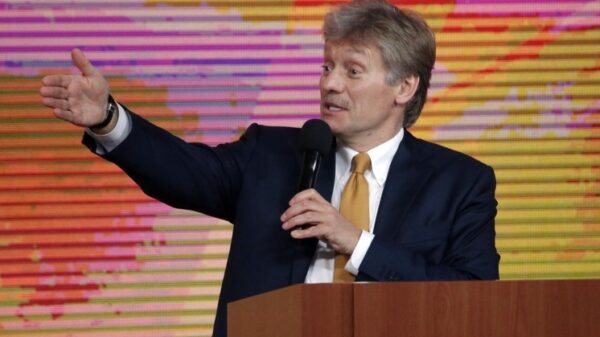


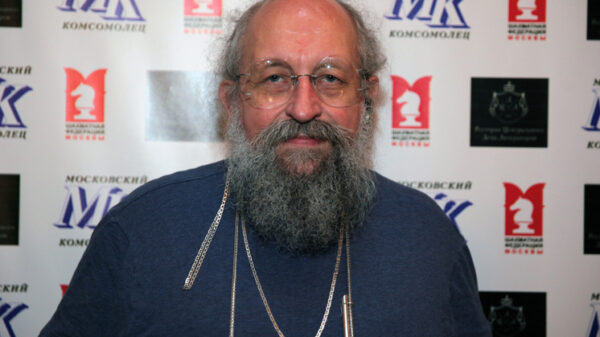






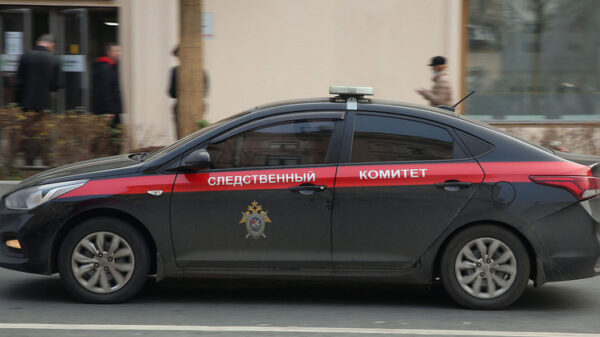

















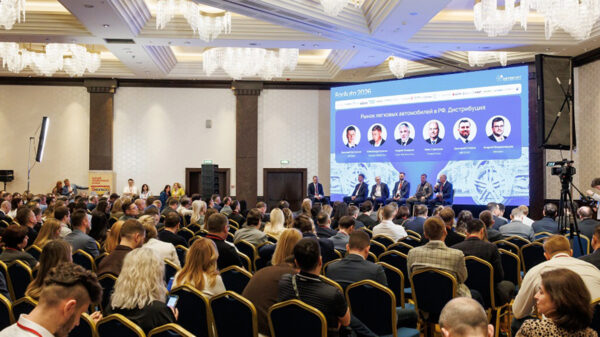
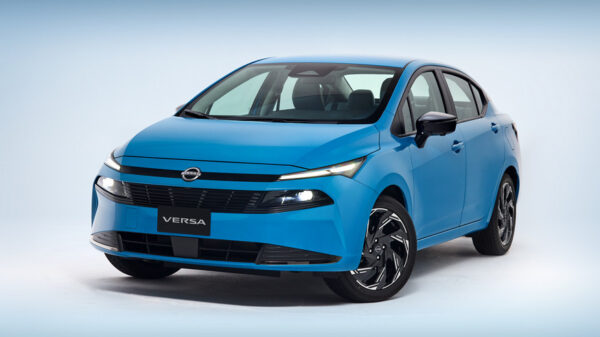

























Свежие комментарии